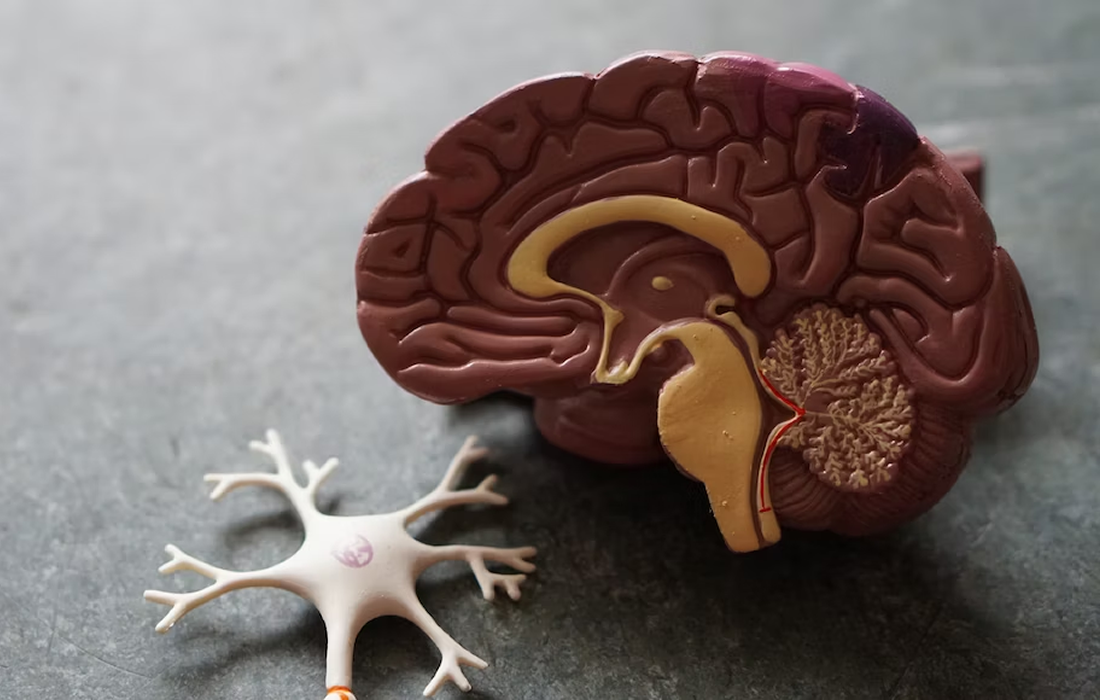About two-thirds of the risk for Alzheimer’s disease (AD) is thought to arise from genetic influences, but about a third could be influenced by environment and lifestyle, opening the door for behavioral interventions that could delay or prevent pathophysiological changes that occur with AD. Now a new study in a mouse model of AD examines […]
Author Archives: Karely Vega, MD
An international team, led by UBC Okanagan researchers, suggests a simple tweak to the first meal of the day might help people living with Type 2 diabetes (T2D) better control their blood sugar levels. Dr. Barbara Oliveira conducts research with Dr. Jonathan Little’s Exercise, Metabolism and Inflammation Lab in UBCO’s Faculty of Health and Social […]
While it’s known that sleep plays a crucial role in strengthening memory, scientists are still trying to decode how this process plays out in the brain overnight. New research led by scientists at UCLA Health and Tel Aviv University provides the first physiological evidence from inside the human brain supporting the dominant scientific theory on […]
In a new study, researchers at Uppsala University have investigated how junk food affects sleep. Healthy participants consumed an unhealthier as well as a healthier diet in a randomised order. After the unhealthier diet, the quality of the participants’ deep sleep had deteriorated, compared with those who had followed the healthier diet. The results have […]
While it can take years for the pharmaceutical industry to create medicines capable of treating or curing human disease, a new study suggests that using generative artificial intelligence could vastly accelerate the drug-development process. “Using AI for things critical to saving human lives, such as medicine, is what we really want to focus on,” said […]
Infections caused by fungi, such as Candida albicans, pose a significant global health risk due to their resistance to existing treatments, so much so that the World Health Organization has highlighted this as a priority issue. Now, in a groundbreaking development with far-reaching implications for global health, a team of researchers jointly led by Hyun […]
A scientific team from the University of Barcelona and the CIBERobn has designed a strategy to fight obesity and diabetes in mice through ex vivo gene therapy which consists of implanting cells that have been manipulated and transformed in order to treat a disease. This is the first study to apply the ex vivo gene […]
Stem cells from the human stomach can be converted into cells that secrete insulin in response to rising blood sugar levels, offering a promising approach to treating diabetes, according to a preclinical study from researchers at Weill Cornell Medicine. In the study, which appeared April 27 in Nature Cell Biology, the researchers showed that they […]
Research led by UCL, in partnership with the MRC Laboratory of Molecular Biology (MRC LMB) and AstraZeneca, has identified a new compound that can stimulate nerve regeneration after injury, as well as protect cardiac tissue from the sort of damage seen in heart attack. The study, published in Nature, identified a chemical compound, named ‘1938’, […]
In an analysis of the Look AHEAD study, researchers from the Brigham and Joslin Diabetes Center found that participants who were physically active in the afternoon had greater reductions in blood sugar than those who were most active at other times of day. Over 37 million Americans have diabetes, and 90-95% of that population are […]









